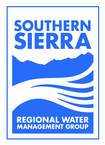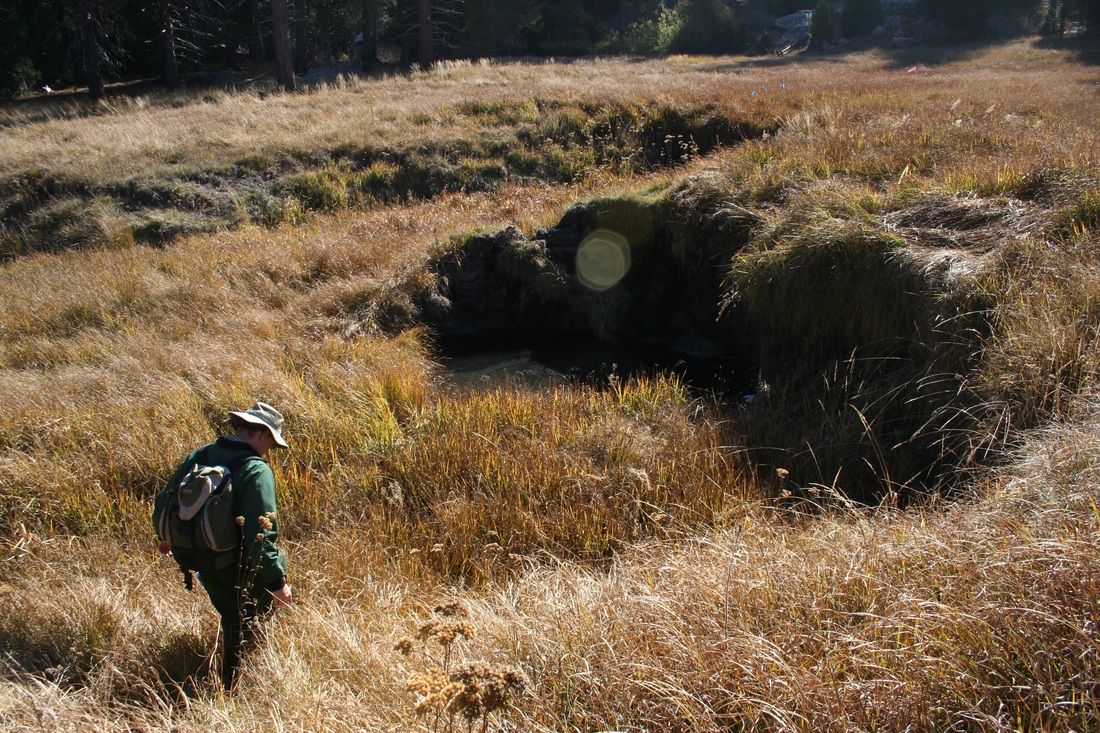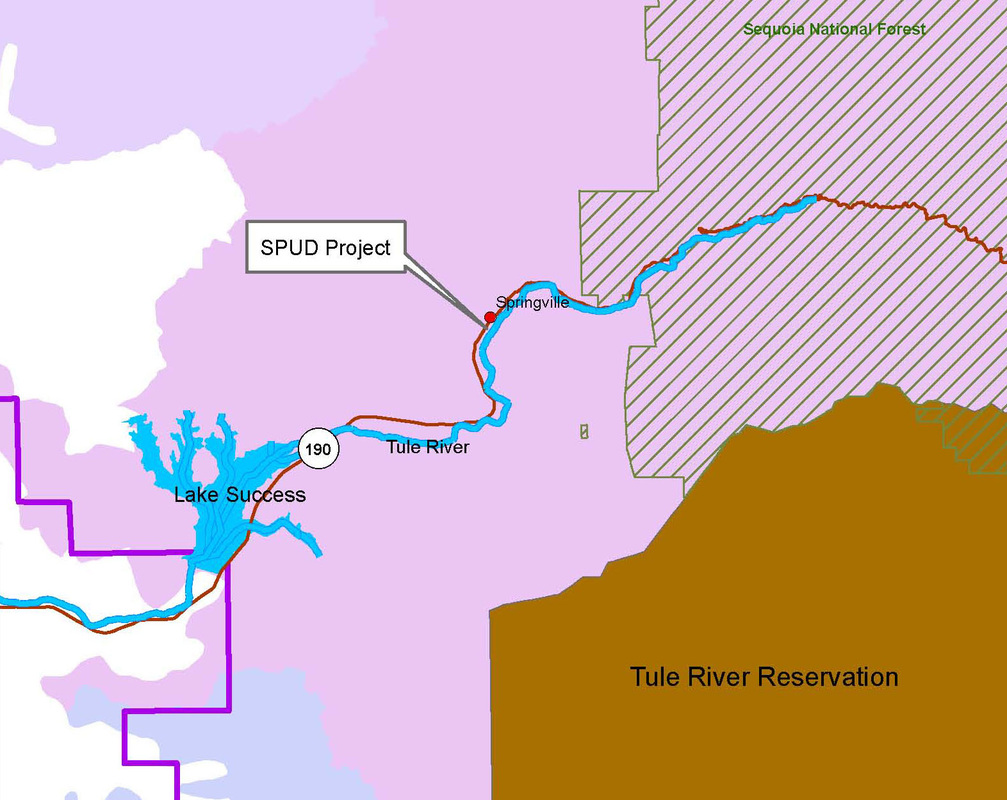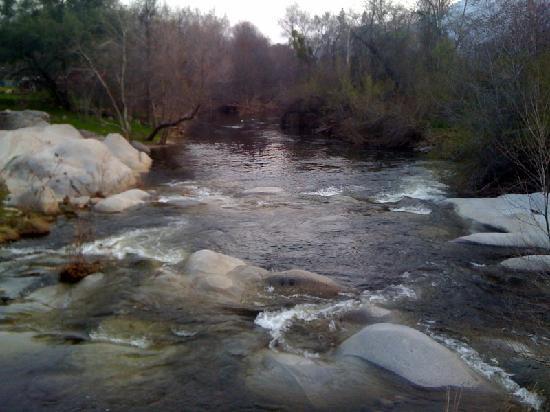Current Projects
Tulare-Kern Projects
The following projects are underway in the Tulare-Kern Funding Area:
Tulare-Kern DAC Pilots
The following projects are underway in the Tulare-Kern Funding Area:
Tulare-Kern DAC Pilots
- We now have three project-development/pilot projects: (a) UC Merced's watershed/infrustructure analysis; (b) a pilot well study on three potential preliminary sites: Tule River Indian Reservation, Cold Springs Rancheria and Dunlap Band of Mono Indians, and (c) project development funds for the Tule River Tribal Council water infrastructure projects;
- Sierra Resource Conservation District and GEI have contracted with County of Tulare to deliver these projects in partnership with the project proponents.
- The RWMG submitted a proposal to the California Department of Water Resources for grant administration and three implementation projects for the Tulare-Kern Funding Area. We received preliminary funding recommendations for two projects, out of three, in the Tulare-Kern FA. The result appears to be that we have qualified for funding for three projects, but will only be awarded funding for two - Administration and Trout Unlimited USFS - Sequoia National Forest meadow restoration (see below);
- Sequoia National Forest: Trout Unlimited has completed design and environmental compliance 11 meadow restoration projects identified by the Sequoia National Forestas in critical need of repair. This was funded by California Department of Fish and Wildlife Watershed Restoration Program and the California Wildlife Conservation Board (WCB) Streamflow Enhancement Proposition 1 funds in 2016 totaling nearly $600,000. Nine of these meadows are currently funded for implementation through IRWM Implementation Proposition 1, WCB Streamflow Enhancement Proposition 1, WCB Forest Health Program and National Fish and Wildlife Foundation ILF Program totaling nearly 2 million dollars for construction and monitoring.
- Since 2015 Trout Unlimited has been involved in prioritizing roads restoration, maintenance and decommissioning of Sequoia National Forest service roads. They received $70,000 from the CA State Parks to prioritize roads causing high level of aquatic degradation for decommissioning or conversion to trail.
- Sierra National Forest: Eight meadow restoration projects in the headwaters of the San Joaquin and Kings River were identified by the Forest Service as in critical need of restoration through various ecosystem health processes. Trout Unlimited received over $400,000 in 2019 from the WCB Climate Adaptation Program to fund restoration planning, project design and greenhouse gas sequestration monitoring.
- Forest Service Region 5 Funding (specific to the Southern Sierra): In 2018 Trout Unlimited received approximately $200,000 to (1) prioritize aquatic organism passage project across the region, (2) identify 5 sites in Sequoia National Forest for the next phase of planning, and (3) conduct initial site surveys and develop preliminary design. Implementation benefits outside of providing connectivity for aquatic species include reduced erosion, decreased sedimentation and improved water quality.
- Inyo National Forest: In 2020 Trout Unlimited received over $800,000 from the California Department of Fish and Wildlife to complete restoration design and environmental compliance on 12 degraded meadow sites totaling over 2,500 acres on the Kern Plateau-Golden Trout Wilderness.
|
| ||||||||||||||||||
Mountain Counties Funding Area Projects
In the MCFA, we received draft funding recommendations for $55,000, under general implementation to develop well-vulnerability decision support tools for landowners, agencies and water managers in our Region. We have submitted follow-up materials requested in the funding recommendations, and recieved notification/confirmation that DWR has accepted the submission
In the MCFA, we received draft funding recommendations for $55,000, under general implementation to develop well-vulnerability decision support tools for landowners, agencies and water managers in our Region. We have submitted follow-up materials requested in the funding recommendations, and recieved notification/confirmation that DWR has accepted the submission
|
| ||||||||||||
|
Long Meadow Restoration Project - Complete!
Project proponent: Sequoia National Forest Brief description: The proposed project would restore the lower 1000 feet of Long Meadow. Long Meadow is roughly 45 acres in size all of this meadow is currently at risk. The focus of this restoration would be to stabilize the headcut at the base of Long Meadow. Monitoring on this meadow indicates that the headcut is eroding approximately 128 cubic feet a year. The headcut ranges from 6 feet to 14 feet high and is approximately 70 feet wide. Instillation of grade control in the form of step-pool structures would serve to reduce stream velocity and upstream meadow erosion. |
|
Treated Effluent Discharge to the Tule River Study - In progress!
Project proponent: Springville Public Utility District Brief description: This project is composed of two phases. The first phase is a study to ready the project, including CEQA biological and hydrological studies and project development and integration. The second phase of the project is comprised of finalizing the designs and implementing the project. |
|
Three Rivers Hydrologic Capacity Study - Complete!
Project proponent: Brief description: Towns such as Three Rivers (County of Tulare, approximately 1,700 full time residents and also supporting over 500,000 seasonal tourists) exemplify the need for more information about both groundwater and surface water resources. The town relies on individual wells and surface water supplies from the Kaweah River watershed. Surface water supplies originate from Sequoia and Kings Canyon National Parks and Sequoia National Forest and fluctuate seasonally with snowmelt and precipitation. Groundwater supplies also fluctuate seasonally, but amounts and extents are unknown. This study aims to:
|
|
Mill Flat Creek Watershed Restoration - Under Modification!
Project proponent: Sequoia National Forest Brief description: Implement proposed Watershed Improvement Needs Inventory (WINI) projects that have been identified within the Mill Creek watershed, including replacement of culverts to allow for aquatic organism passage and the recommended closure, (decommissioning) of several user created and maintains level 1 and 2 roads. |




